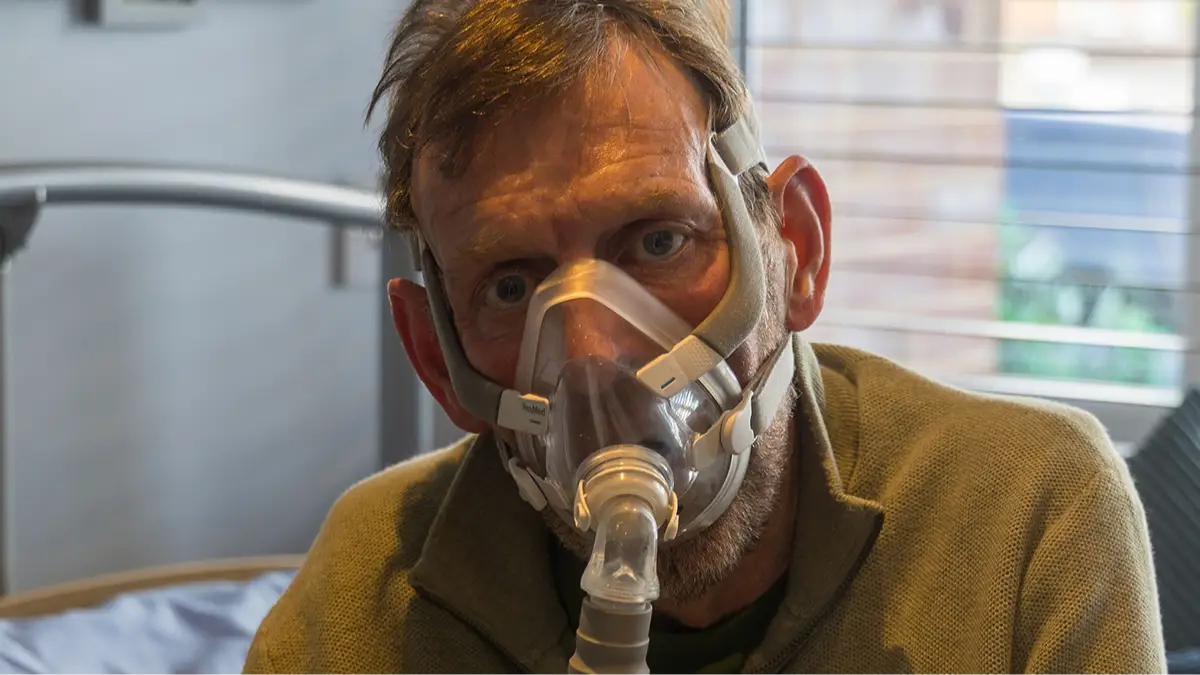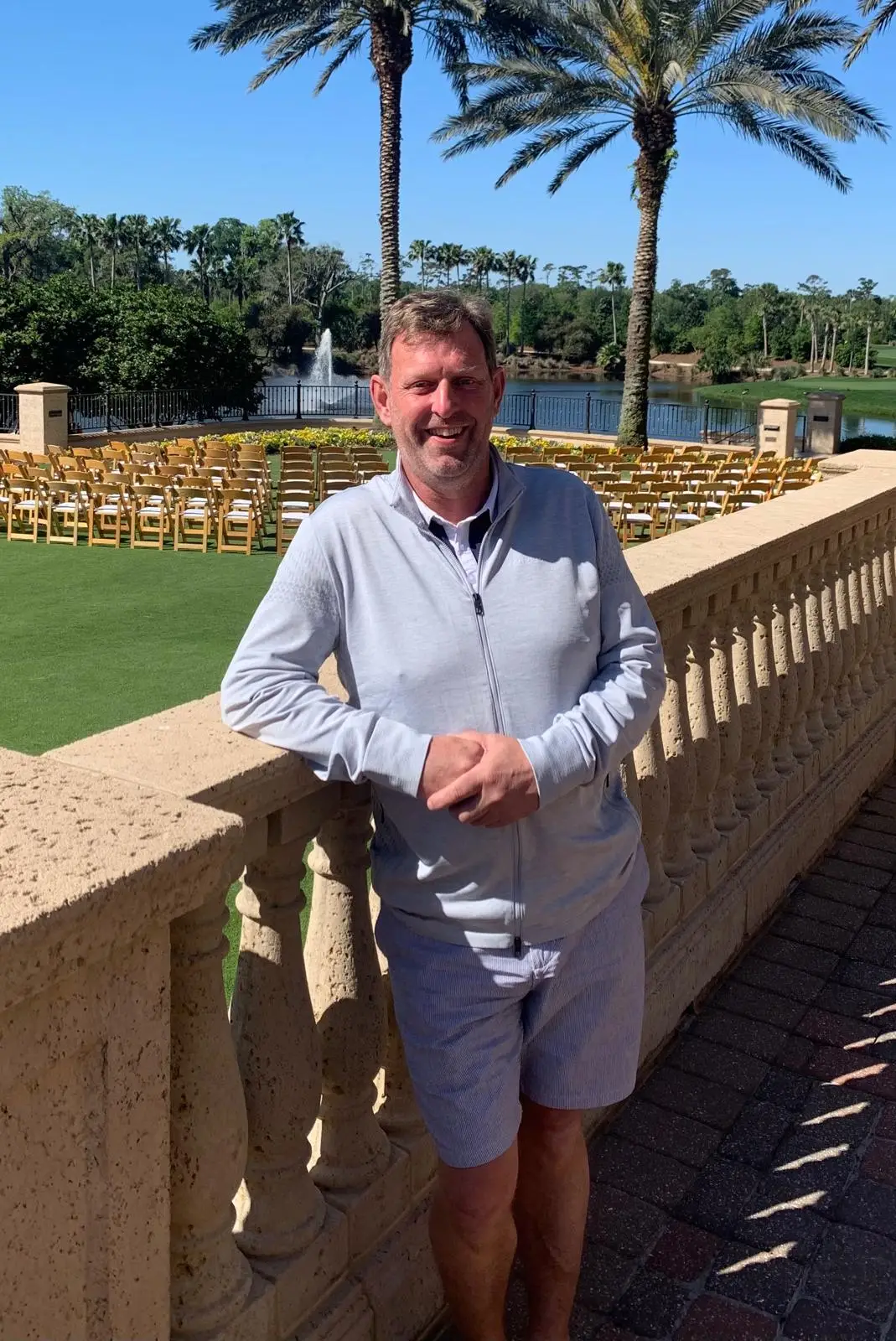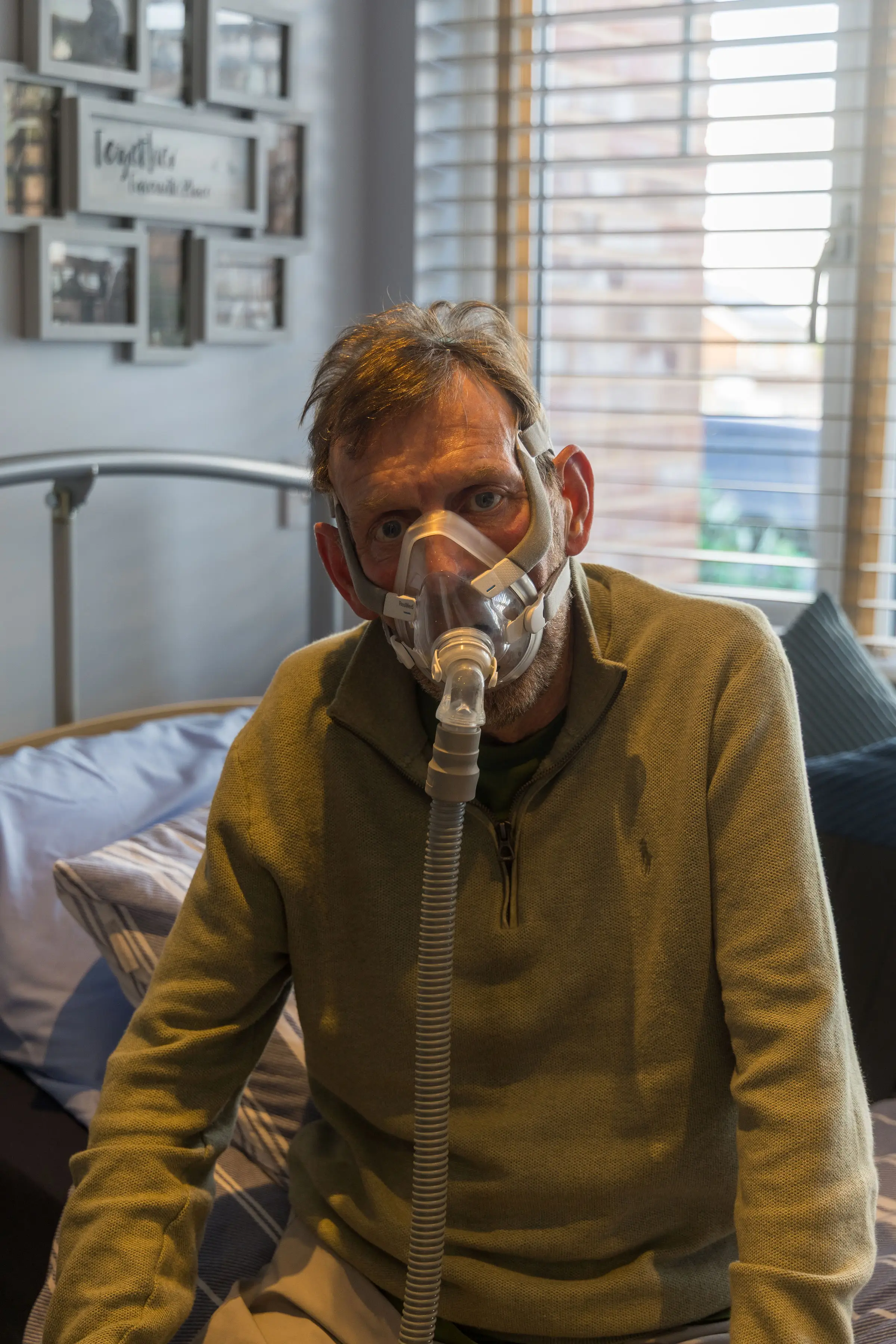
Warning: This article contains discussion of death and terminal illness which some readers may find distressing.
A man with a condition described as the 'worst disease possible' said an initial symptom led to him being mocked by a medical receptionist.
David Scott, 60, had been fit and well before the shock diagnosis, working in construction as well as regularly playing football and golf.
In June 2023, David, known as Davy, called up for medical advice when his friend noticed that his speech had started to become a little slurred and they were worried he had had a minor stoke.
Advert
But when Davy, from Leicestershire in the UK, rang up, he claims that his symptom was dismissed and the receptionist even accused him of 'drinking'.
Eventually, Davy had a private appointment booked with a heart consultant in November 2023.
“After some tests she did with me at the time of my appointment, she confirmed that there was something wrong and that I needed to see a neurologist ASAP," he said.
“I said that I had tried to explain this without success and was accused of drinking.”

Tests would reveal that Davy was suffering from Motor Neurone Disease, an incurable progressive condition described by another patient as being the 'worst disease possible'.
Davy revealed the shock of being told that he had the condition.
“Luckily, my wife Claire was with me at the time when I was told. You could have blown me down with a feather," he said.
“I knew it was a terminal illness and there was no cure or treatment, so I asked the question, ‘How long do I have to live?’, and I was told between two to four years."
He added: "Your body is dying day by day, bit by bit, and you have no control over what direction it takes.
“There are days and nights where I cry and ask, ‘Why me, but why not me?’, but there are no answers.

“There are times when you wish you were not here and not causing the pain and suffering that your family and friends are going through because of my illness.”
Now, Davy is using the time he has left to help raise awareness of the condition, saying he is 'not just going to sit and wait.'
He is also working to raise money to help people who are researching a potential cure for the condition.
“It’s not down to one person, it’s down to all of us working together as a team," he said.
“Together we can and we will make a difference.”
